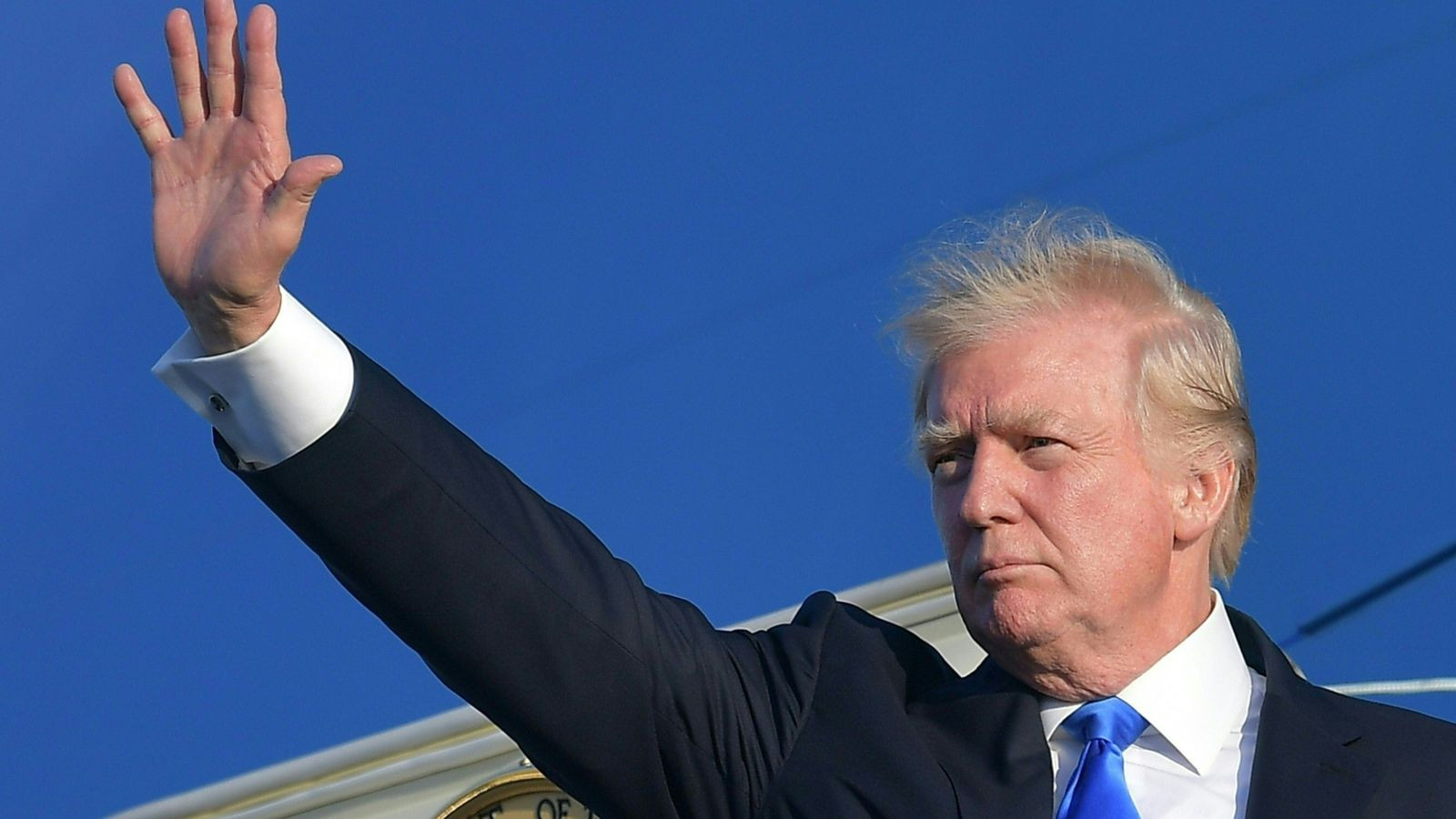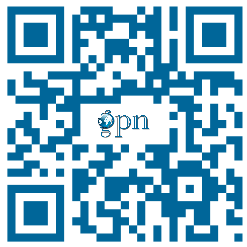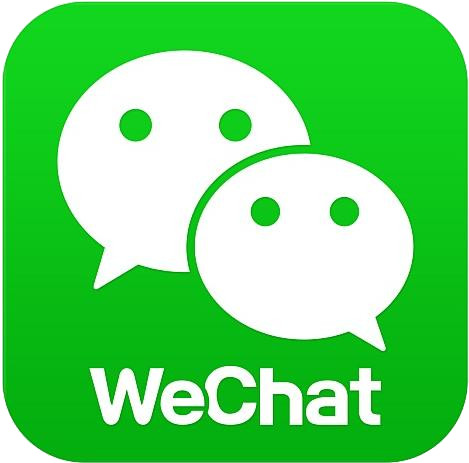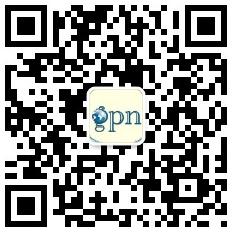Not all stories are news, though all news is some form of a story. What is the difference between something that is merely a story and a story that is newsworthy? Consider the classic example: ‘Dog Bites Man’ is a story, not news; however, a ‘Man Bites Dog’ is a story and news. The difference between these 2 stories is that one is an ordinary commonplace event, the other is rare, and immediately gives rise to questions in the minds of the readers. This contrast is what differentiates news from a mere story. In this section, as an audience, you will read some stories and news.
GPN staff members live in and work from different countries and locations, which gives way to different inspirations, experiences and stories to share not only with colleagues but anyone who is interested. As regards the news items found in this section, they come from different media outlets or our personal observations.
Background
I came to China for the first time in September 2008. Back then, I did not know much Chinese, after several months when this story took place, I would say, my Chinese was still below elementary level. However, like many foreigners, in my situation, I thought I could use some basic expressions to order some food, go banking, and those sorts of things. So, …
The Actual Story
One day (in Dec. 2008) I went to a place called Hanyang to teach at New Oriental. I had been working since the early morning, with no breakfast. So, during a lunch break, I felt ‘I could eat a horse,’ as people say. I went to the nearby Walmart supermarket where they sold many things including food. I ordered some, and said to the food seller “mei you la,” to which the food seller insistently responded, “you, you ah.” I repeated what I said but in vain. With great smile of reassurance, the guy preparing the food put lots of chili into the food that I have already paid for. I had to eat the food because I did not have any extra money to order something else. I felt terrible. After eating the painful food, I had to drink lots of water to feel better.
Instructive Note: The real problem was language, what I needed to use as expression was “bu yao la” meaning “no chili (for me), please” instead of “mei you la” which can mean “you do not have chilli (do you?),” to which he responded, “you, you ah,” meaning “(of course) we do have it”
Dr. D.
Democratic congressman introduces the "COVFEFE Act" to require Donald Trump to preserve his tweets
Published June 13, 2017

Donald Trump.
Source: Mandel Ngan/Getty Images
President Donald Trump's "covfefe" tweet may be indelibly burned into the minds of Americans.
But the initial tweet that added a new word to the American lexicon no longer exists on Trump's Twitter; it was deleted from his feed and lives on solely in media reports of the inscrutable missive.

The now-deleted "covfefe" tweet
Source: Mic screenshot
One Democratic member of congress, however, is seeking to change that. On Monday, Rep. Mike Quigley (D-Ill.) introduced the COVFEFE Act.
It stands for the Communications Over Various Feeds Electronically for Engagement Act. If passed, the bill would add social media accounts to the list of documents that must be preserved under the Presidential Records Act, which "established a new statutory structure under which presidents must manage their records," according to the National Archives.
“In order to maintain public trust in government, elected officials must answer for what they do and say; this includes 140-character tweets,” Quigley said in a statement announcing his bill.
The National Archives has in the past stated that tweets are considered official presidential records that must be preserved and advised the Trump administration to preserve Trump's tweets, even those that have been deleted.
Congress also sent a letter to the Trump administration advising them to preserve Trump's tweets or else possibly run afoul of federal records keeping laws, but Quigley's bill would settle any ambiguity regarding whether Trump's tweets counted toward presidential documents that must be preserved.
"President Trump's frequent, unfiltered use of his personal Twitter account as a means of official communication is unprecedented," Quigley added. "If the president is going to take to social media to make sudden public policy proclamations, we must ensure that these statements are documented and preserved for future reference. Tweets are powerful, and the president must be held accountable for every post."

Emily C. Singer, née Cahn, is a senior writer for Mic covering politics. She is based in New York and can be reached at esinger@mic.com






